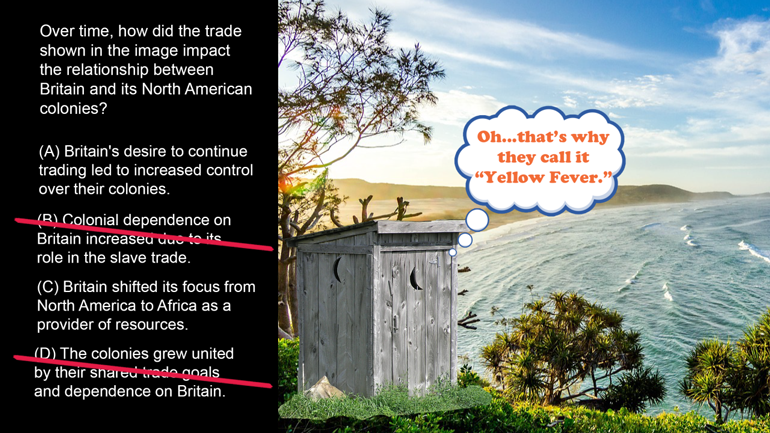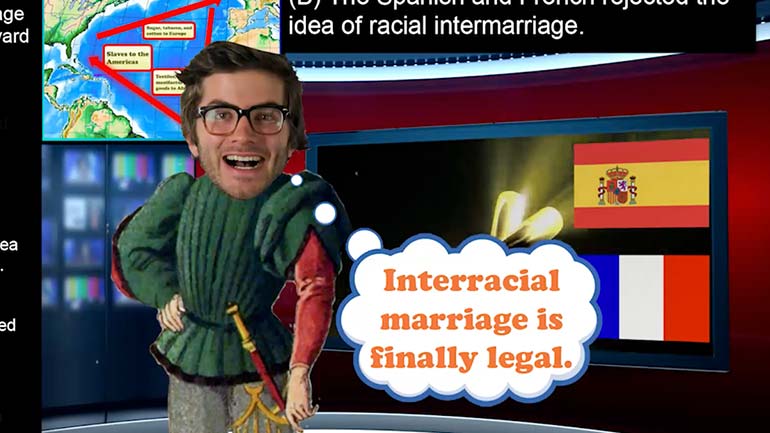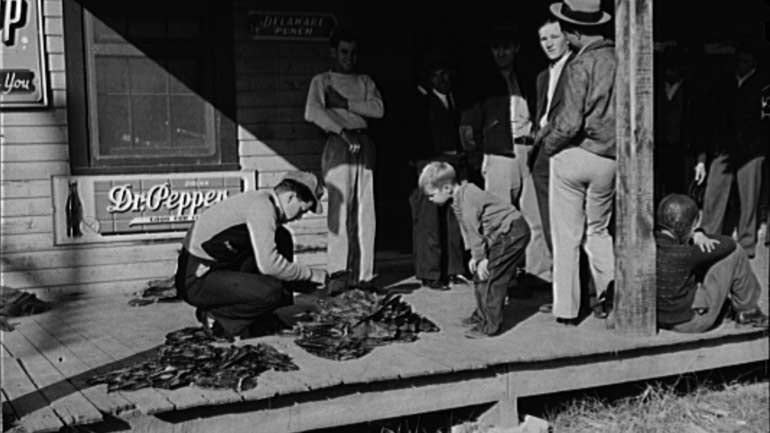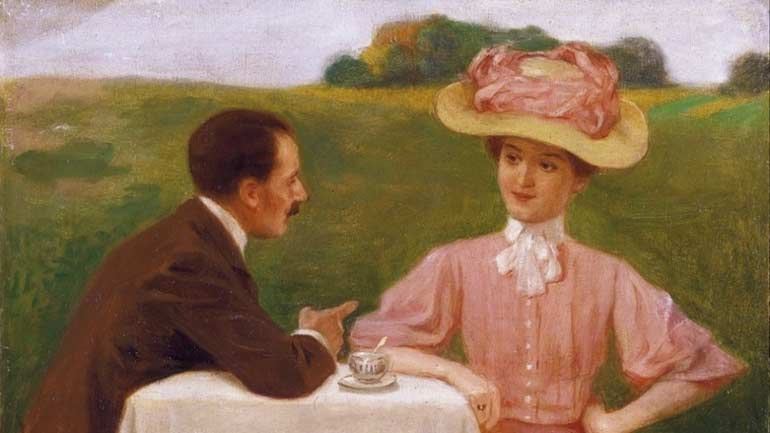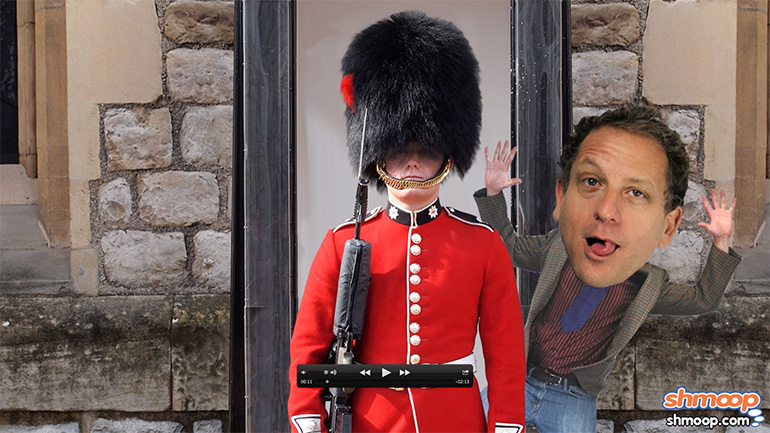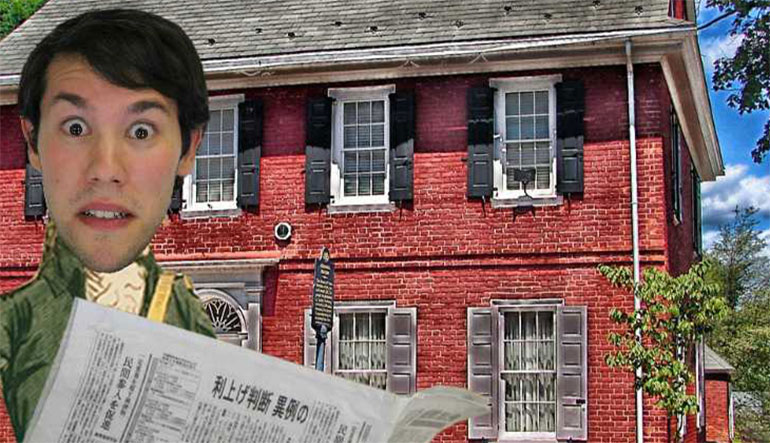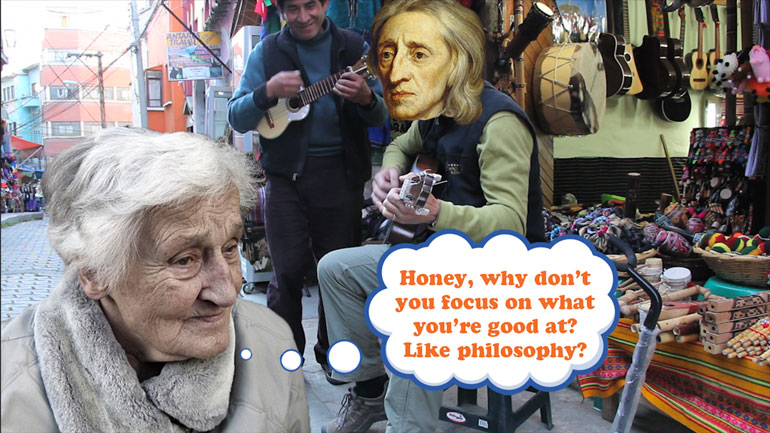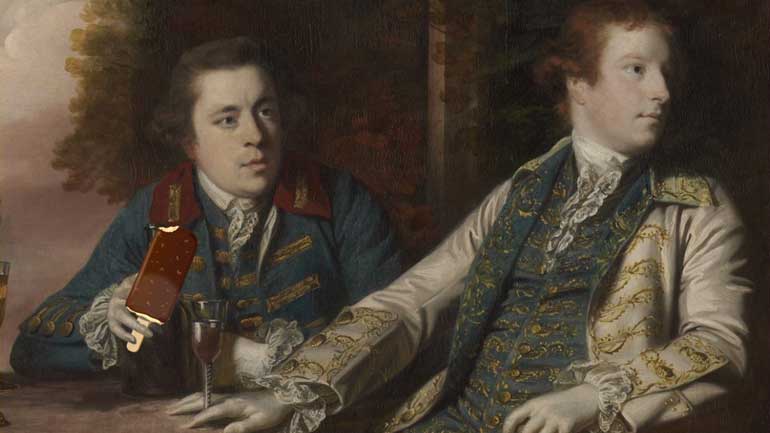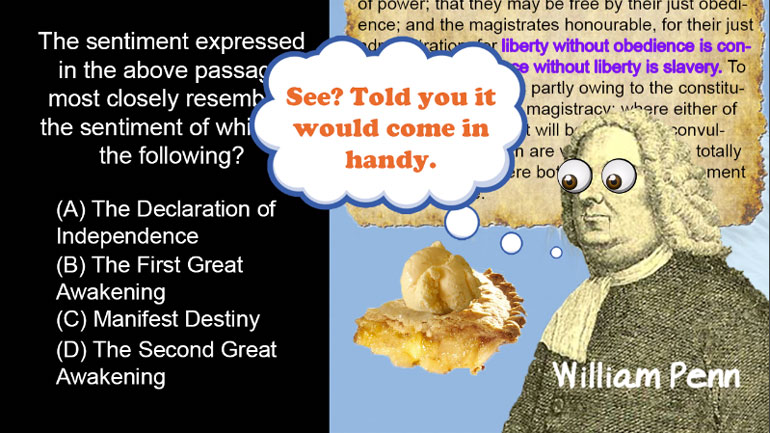ShmoopTube
Where Monty Python meets your 10th grade teacher.
Search Thousands of Shmoop Videos
Evolving Political and Cultural Attitudes in the Colonies Videos 12 videos
AP U.S. History Diagnostic 3. What does the image suggest about the impact of European contact on Native American communities?
AP U.S. History Diagnostic 4. How did religious conversion in Spanish colonization differ from the method shown in the image?
AP U.S. History Exam 1.7. Over time, how did the trade shown in the image impact the relationship between Britain and its North American colonies?
AP U.S. History Exam 1.10 186 Views
Share It!
Description:
AP U.S. History Exam 1.10. What was the major concern of colonists who opposed the provisions listed in the excerpt?
Transcript
- 00:00
[ musical flourish ]
- 00:03
And here's your Shmoop du jour, brought to you by protest,
- 00:06
the most dangerous position to take
- 00:08
during a campaign for class president.
- 00:10
All right, here's the excerpt.
Full Transcript
- 00:11
[ mumbles ]
- 00:14
[ mumbling continues ]
- 00:17
[ further mumbling ] Stamp Act.
- 00:19
And the question: What was the major concern of colonists
- 00:22
who opposed the provisions listed in the excerpt?
- 00:26
All right, and here are your potential answers.
- 00:29
[ mumbles ]
- 00:34
Okay, so here we go.
- 00:35
Most Americans weren't exactly thrilled when
- 00:38
news of the Stamp Act reached their shores.
- 00:40
So let's see which answer best describes
- 00:43
why this particular law really stuck in the colonists' craw.
- 00:46
Was a major concern of colonists opposing the Stamp Act
- 00:50
A - the presence of British troops in the colonies?
- 00:53
Well, actually, British troops had been in the colonies for years,
- 00:56
which had been a continuing source of tension
- 00:58
along with the stringent trade restrictions
- 01:01
colonists were required to follow.
- 01:03
So there was nothing new about A or C.
- 01:06
Were colonists frustrated with the Stamp Act over D -
- 01:09
development of the land won in the French and Indian War?
- 01:12
Well, the Stamp Act had to do with
- 01:14
paying for the war, not with what would happen
- 01:16
to the land once the conflict had ended.
- 01:19
So it's not D, either.
- 01:20
Which makes the major concern of colonists opposing the Stamp Act
- 01:24
B - being taxed without their consent.
- 01:27
The Stamp Act caused a whole new level of hurt for colonists
- 01:30
as it forced them to pay taxes
- 01:32
without any measure of consent.
- 01:34
So B is the right answer.
- 01:36
Since colonists had no say in the decisions being made inParliament,
- 01:39
they decided to go a little Extreme Makeover: Protest Edition
- 01:43
on their British masters.
- 01:45
[ boos ]
Related Videos
Ever heard of a "living document"? They eat and breathe just like the rest of us! They even walk around on their own two legs. Okay, fine—maybe t...
If the Puritans had gotten their way, religion would play a much larger role in lawmaking these days. Want to know more? Watch the video for all th...
What happened between the creation of the Articles of Confederation and the ratification of the current U.S. Constitution? This video analyzes the...
The Modernists thought the world had a lot of problems, and they were intent on fixing them—or at least talking about fixing them. Unfortunately,...
This video explains Federalism and the quest for a fair balance between state and national power. It covers the progression and compromises of Fede...


